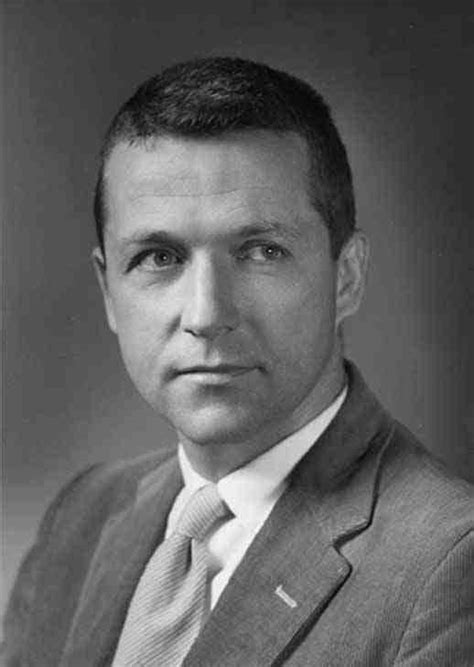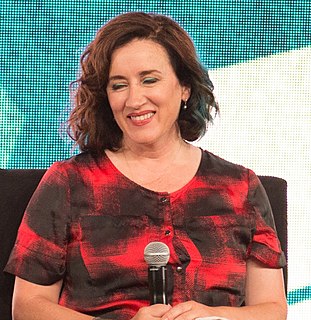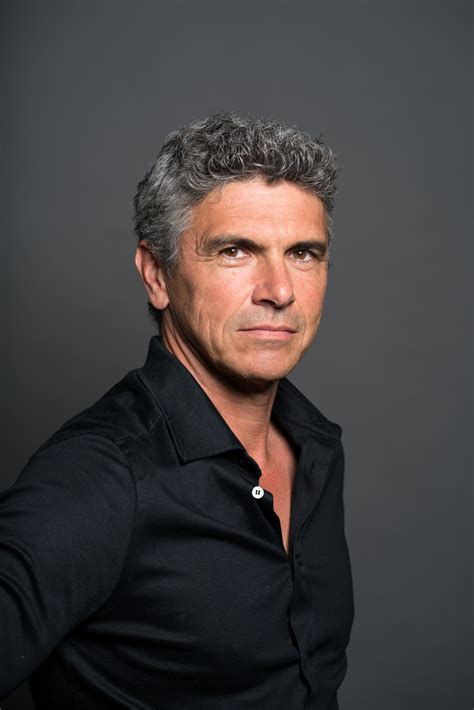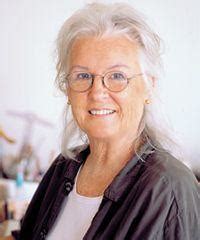A Quote by Kevin Lynch
AIR was born from thinking about how rich Internet applications would play out over time and what new pieces of technology would be in demand for these to go to their next generation.
Related Quotes
It is really sad for the new artists. Where's the next Elvis, where's the next Beatles, where's the Zeppelin? They're out there but they don't have a chance because once upon a time we [musicians of the 60s] had record companies, and they would support you and have point of purchase material and they would give you advances. In other words, they gave you the air to breathe to find yourself and spend the time to learn how to run.
I always loved music and would listen to the radio and watch out for new stuff. When I was about nine or ten, I would go around to me friend's house on a Sunday when the top twenty was broadcast on the radio at 6 P.M., and we would tape it on a cassette, and then we would take turns in sharing it over the next week.
I was working at the 'New York Times,' ruing every second of my life, thinking how was I ever going to get out of here, and thinking that one could only do it the way newspaper people have always done it. I needed a scoop, and I would go out and I would dream upon coming upon fires or the sky falling in front of me or anything.
Technology is something you have to embrace because technology is part of our generation. Digital natives, for instance, are people who grew up in a world that always had the Internet and who always had smartphones. Millennials aren't too far behind: my generation of people, who were in the mix of the Internet when it first came out.
I said I didn't think it would be a collectivist state so much as a wilderness in which most people lived hand to mouth, and the rich would live like princes - better than the rich had ever lived, except that their lives would constantly be in danger from the hungry predatory poor. All the technology would serve the rich, but they would need it for their own protection and to assure their continued prosperity.
I would say the first key concept is that, in terms of technological and communication progress in human history, the Internet is basically the equivalent of electronic telepathy. We can now communicate all the time through our little magic smartphones with people who are anywhere, all the time, constantly learning what they're thinking, talking about, exchanging messages. And this is a new capability even within the context of the Internet.
If men were able to be convinced that art is a precise advance knowledge of how to cope with the psychic and social consequences of the next technology, would they all become artist? Or would they begin a careful translation of new art forms into social navigation charts? I am curious to know what would happem if art were suddenly seen for what it is, namely, exact information of how to rearrange one's psyche in order to anticipate the next blow from our own extended faculties.


































